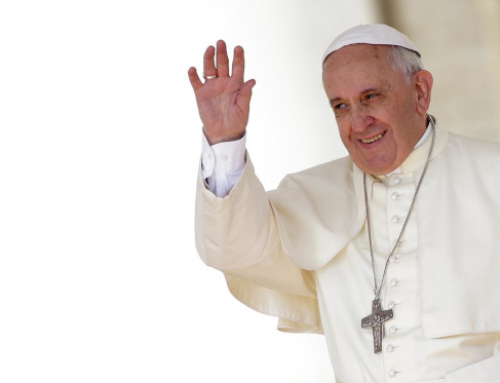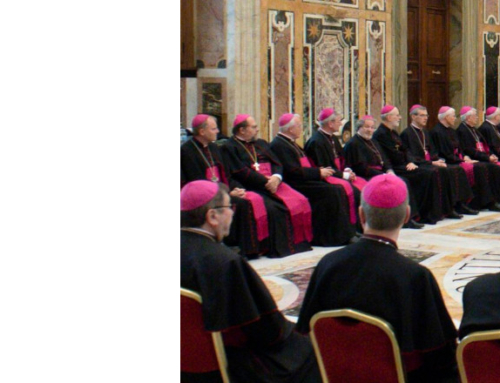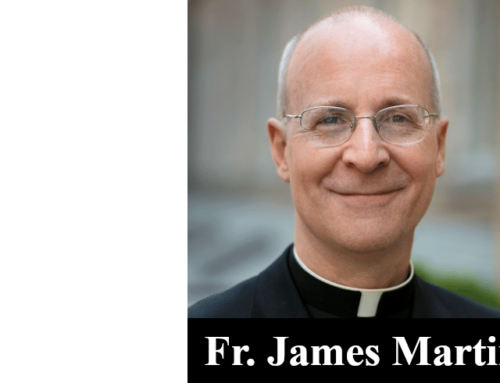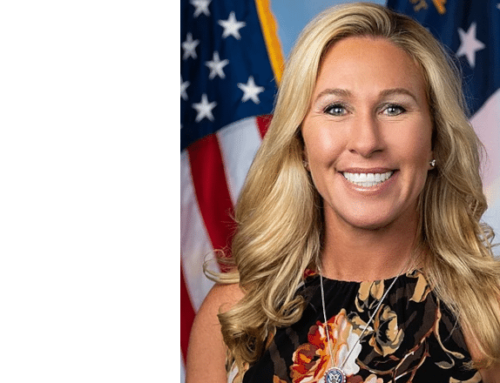In 1952, Congress designated the first Thursday in May as the National Day of Prayer; this year it falls on May 2. Predictably, every president since has said something positive about religion on this day. To judge their sincerity, however, we need to look at the policies they initiated that touch on religious liberty.
The National Day of Prayer was meant to be a day when Americans “may turn to God in prayer and meditation.” When Trump gave his Proclamation marking this day on May 4, 2017, he mentioned God four times. When Biden first addressed this day on May 6, 2021, he never mentioned God.
This may seem like small pickings, but in fact it is suggestive of the religious liberty policies that each man issued. For example, we compared Trump’s religious liberty initiatives to the ones promoted by Biden. To read the entire report on this issue, click here.
In his four years as president, Trump addressed religious liberty issues 117 times. From the beginning of his presidency in January 2021 to May 1, 2024, Biden addressed these matters 31 times.
Quantitative data are important, and on this score, Trump wins easily: 117-31. But qualitative analysis is also important: the content of the religious issues that they addressed matters greatly.
The Biden administration’s idea of religious liberty centers heavily on discrimination. Within this area of concern, much attention is given to instances of religious discrimination against minority religions. For example, Muslims, Sikhs, Tribal Nations, Buddhists, and Hindus are given more attention than offenses against pro-life Christians and attacks on Christian-run crisis pregnancy centers.
In many cases, religious liberty is not even a key element in the Biden administration’s outreach to religious groups: transportation, mental health, nutritious food, drug abuse, suicide prevention, greeting refugee newcomers, “climate smart agriculture,” internet service—these and related matters—occupy the centerpiece of their concern.
One of the more striking aspects of the religious liberty issues pursued by the Biden team is their promulgation of new regulations aimed at curtailing the religious liberty protections afforded by the Trump administration. For instance, with regard to federally funded social services, Trump sought to make it easier for faith-based providers to compete for federal grants. Biden is making it harder.
In 2021, the Biden team said that the Office of Faith-Based and Neighborhood Partnerships would not “favor religious over secular organizations.” That was a polite way of saying that secular social service organizations would continue to be awarded preferential treatment, thus undercutting the raison d’etre of faith-based programs.
Since that time, Biden regulations have sought to ensure that faith-based programs will not be used for “explicitly religious purposes.” This beckons the state to police these initiatives, looking to see how “religious” they are, thus creating major First Amendment problems.
The Biden administration also allows a beneficiary to raise religious objections if he feels uncomfortable with the operations of the program. This allows people of one faith who are seeking assistance from a provider of another faith to checkmate the provider’s religious prerogatives. In other words, the mere presence of a religious symbol in a faith-based facility is sufficient grounds to nix it.
In essence, Biden’s idea of faith-based programs is to gut their religious component, in effect secularizing them the way Obama did.
No one seriously believes that Trump is a man of deep faith. But his policies on religious liberty are a model of excellence. Biden, on the other hand, tries hard to convince the public that he is a “devout Catholic” yet his religious liberty rulings are unimpressive, and in some cases are subversive of this First Amendment right.
Four months after Biden assumed office in January 2021, his executive director of the White House Office of Faith-Based and Neighborhood Partnerships met with leaders of six secular organizations, most of which had expressed virulent anti-Catholic statements for many years. Freedom From Religion Foundation, the American Humanist Association, American Atheists, Center for Inquiry, Ex-Muslims of North America and the Secular Coalition for America.
All of them are militantly secular and most are quite open about their contempt for religious liberty.
It would be one thing if White House staffers in domestic policy invited these representatives to discuss their concerns. But when an office of the administration that is expressly charged with promoting religious liberty extends the invitation, it would be like the Department of Education inviting the Flat Earth Society to engage them in conversation.
National Prayer Day may mean something special to President Biden, personally. But like all presidents, he has to be judged on the basis of his actions, not his intentions. On this score, his record on religious liberty is an abject failure.







